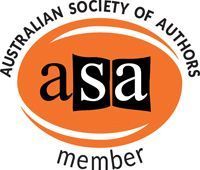Well here’s my submission to the Senate enquiry into Arts funding which is due in tonight by midnight. Posting it here as it expresses some of my thoughts on funding and writing. Thank you to everyone who sent in their thoughts to the Senate. Let’s hope they get inspired and motivated by our enthusiasm for the arts to *increase* the funding not just restore it!
Submission to Senate Inquiry
into the 2014 and 2015 Arts Budgets
IMPACT OF THE 2014 AND 2015 COMMONWEALTH BUDGET DECISIONS ON THE ARTS
Submission to Senate Inquiry by Beth Spencer
17th July 2015
Summary:
- Why I think funding is crucial to support Literary production in Australia
- Why I think funding needs to be peer-reviewed, transparent, accountable and arms-length
- My personal experience as a writer and author
Why I think funding is crucial to support Literature in Australia:
In Australia, writers and publishers have the disadvantage of a relatively small market, vast geographical distances and high postage rates for books, at the same time as we are also competing for attention with writers from every English speaking nation in the world.
For instance, we have 23 million people in Australia, compared to 213 million in the US, and 64 million in the UK.
A US book that arrives in Australia has already received the attention and marketing budget to service their vastly larger population, and much of that publicity is freely available to Australian readers, booksellers, festival organisers and review editors via the internet.
An Australian author has to try to get reader’s attention in this already saturated space, and often with a low or even zero publicity budget, especially if they are a new author or in a genre that is not expected to reach a mass audience. Australian publishers simply cannot afford to spend much when the market is so small.
As such, publishing subsidies have been crucial to levelling this playing field a little, and allowing Australian authors to get a foothold and some momentum going for their work. It has even enabled a small few to get published overseas and a remarkable number of those have won major prizes.
If we want Australian writers to continue to write as Australians and about Australian experiences then we need to support their efforts with financial aid at strategic moments in the writing and publishing process.
Otherwise Australian writers — in a bid to make their work more appealing to overseas markets in order to survive — will increasingly be driven to self-censor aspects of their work (slang, places, historical references) that have vivid meaning to other Australians but are unintelligible to overseas audiences.
If we want a literature that engages in international cultural conversation but with our own voice, and by speaking to each other first and foremost — exploring and expanding our views of ourselves as Australians — I feel it is vitally important that this cultural production receive careful and sufficient government subsidies.
A work does not need to have mass-appeal to be extremely influential over time as innovative work and ideas tend to have a trickle-down effect. If those who read or experience the work are also cultural producers, journalists, academics, teachers, politicians, scientists, thinkers, policy makers… then the size of the audience is less important than the nature of the audience.
The small to medium organisations, magazines, event organisers, performance spaces, publishers, artists and writers are the ones who create the soil and provide the seeds out of which future cultural production can occur and from which a percentage of creators and products will go on to reach mass audiences.
But without that rich and diverse and constantly fertilised soil, the cultural products will become stunted, derivative, fail to thrive or see the light of day, or those who produce them will move offshore to where conditions are better.
At a time when we are becoming known internationally for ‘punching above our weight’ in the arts, and when our vibrant art culture is a part of our attraction as a tourist destination and our influence as an international political force, it seems madness to cut off or reduce these relatively small but crucial subsidies.
Indeed I would argue this is an excellent time to increase arts funding, to capitalize on the increasing international interest in Australian cultural products, and to capitalize even more the energy and vitality and the willingness of so many artists and writers to donate so much of their time and money to making their work the best it can be,
I also feel it is of the utmost importance that this funding continue to be peer-reviewed and arms length.
I am extremely dismayed at the savage cuts to federal arts funding through the Australia Council in the 2014 and 2015 budgets, and the removal of such a significant amount of funding to be administered by the National Program for Excellence in the Arts through the Minister’s office.
Anyone who has ever been on an assessment panel at the Literature Board will always say how difficult the decisions were as there are always many more excellent and worthy applications than money to fund them. So these programs are already cut to the bone, and to ask the Australia Council to take further cuts in the name of ‘efficiency’ seems mendacious and bound to be unproductive.
It also seems utterly inefficient to then seek to replicate a peer-review process in the Minister’s department, when the Australia Council already has such a process and has spent decades honing and refining it, creating transparency and accountability, seeking out diversity, assisting access, and nurturing wide networks.
It is also disturbing that the draft proposal for the National Program for Excellence in the Arts suggests that the grant process there does not need to always be transparent and thus accountable, unlike that at the Australia Council. This seems to me to be a recipe for potential corruption.
I am also concerned that as this is not arms-length funding, that it will become politicised and return us to the old days of the Commonwealth Writers Fund when many of Australia’s finest and (now recognised as some of our most enduringly important) writers never received a cent due to their political beliefs.
Writing work that is honest and deep takes courage and time, and it also requires an environment in which writers feel safe to explore without fear that their work will not get vital funding at key moments if it happens to clash with the political aims and sensitivities of a particular government or Minister.
Strategic funding support is crucial and a great investment; peer-review seems to be the best system especially if it involves a constant re-invigoration with new panel members and networks; transarency and accountability are necessary for the arts community to have any faith in this system; and arms-length funding is vital.
My personal experience:
I am an award winning author of four books (poetry, fiction and memoir), I also publish occasional non-fiction pieces in newspapers and on ABC Radio, and I have been writing and publishing for over 30 years.
For an example of the kind of feedback I receive about my work, here is an email sent to me by a reader (someone I have never met who sent this via my contact page on my website):
>
How grateful I am to have just read Vagabondage! I couldn’t help but race through it in an hour, but I know it will rest, dog-eared and well-thumbed, on my bedside table for many years to come.
What a special talent you have – to make people feel less lonely, to bring forth tears of recognition and relief.
Thanks again. I wish you every happiness and success.
>
I have received dozens of messages and emails like this for Vagabondage and have a long list of glowing reviews that are at my website (www.bethspencer.com/vagabondage). Two reviewers nominated it as their best book for 2014. You’ll also find in the front of my book a similar long list of extracts from glowing reviews for my previous books.
However Vagabondage is a verse memoir (poetry) and as such it takes a lot to get readers to give it a go. It takes time and commitment on my part, my publisher’s and booksellers, and it takes a whole culture of small magazines and reviewers to build an audience for it.
(And by the way, please don’t measure the value of those magazines by their subscriber base. Being able to share on Facebook and tweet the reviews makes their impact go far beyond those loyal subscribers.)
So, having a book that is critically acclaimed but with a small readership because of the type of book it is, unfortunately my expenses in relation to creating and publicising Vagabondage (including travel, website, launches, office expenses, etc) have so far exceeded my income from it. And this is not even taking into account the years I spent writing, revising editing and devising promotional material for the book in the first place, and despite having an excellent and reputable publisher (University of WA Publishing).
I know that I am not alone or even unusual in this experience. Unless a literary work wins a prize, the financial proceeds can be very small indeed.
As such it is my experience that the greatest subsidisers of the arts in Australia are the writers and artists themselves — in the countless hours we contribute for little or no pay, in lost income, in the money we put into developing our craft, in travel, expenses, and much more.
An injection of funds from a body such as the Literature Board of the Australia Council can be an absolute life-saver. It can make all the difference between being able to finish a project to the highest standard possible, and all the difference to having the strength and courage to persist as a writer given the many obstacles, the long hours of solitary work, the enormously competitive marketplace, and the unpredictable rewards.
I have been extremely fortunate to have had three Literature Board grants. However I would like to point out that before receiving these I had seven years worth of rejections, and I had spent over fifteen years developing my craft without any funding assistance.
Nevertheless, even without being the direct recipient of funding, just knowing that such funding was possible, that there was something to aim towards, that *some* people achieved this, and that the act of writing was valued enough for such a body as the Literature Board to exist, made a huge difference to me.
Indeed even the time-consuming and soul-stretching process of filling in the applications each year contributed to my development and sense of myself as a writer. It also gave me the excuse and impetus to contact editors who had published my work in magazines (those little magazines again — without which I would never have had the confidence to continue) and ask for letters of support (a requirement of submitting an application).
So even when I failed to get a grant in the extremely highly competitive funding rounds (usually only about 10% of applications – already whittled down by the application requirements – ever got funded) — the comments in those letters of support gave me the courage and determination to persist.
And when I did get the grants — financially it was a life-saver, and allowed me to create a better physical and emotional environment in which to work. Psychologically — to have that backing from a panel of expert writers and editors — was of immeasurable importance. Together the financial and emotional support helped me to move to a whole new level of confidence, physical and psychological safety, and hence achievement.
If you look in the back of literary works by Australian authors over the past few decades, you will find that a very large proportion of them include in their acknowledgements words similar to that in the back of (for instance) Kate Grenville’s The Secret River (now made into a major tv series in conjunction with the BBC)
‘This book would not have been possible without support from the Literature Board of the Australia Council.’
We don’t write those words just because it sounds good, we write it because it’s true.
I hope to continue to write books. And I hope to increasingly build the trust of a readership and even to write books that earn me money and expand my possibilties as a writer and cultural contributor.
(I always remind myself, for instance, that The Grapes of Wrath was John Steinbeck’s tenth novel. Sometimes important work just takes time.)
But even if I’m not the one to write the far-reaching and important book (the one with the mass audience, and that brings in money and employment to my publisher, to booksellers, to all the people involved in producing and distributing books), I remind myself that I am contributing to that soil out of which such a book might arise.
I commend the Senate for conducting this inquiry.
Thank you so much for reading this.
sincerely,
Beth Spencer.

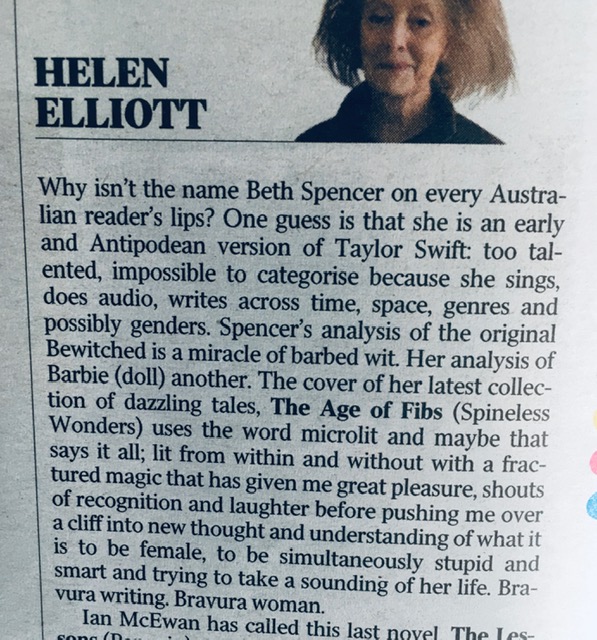
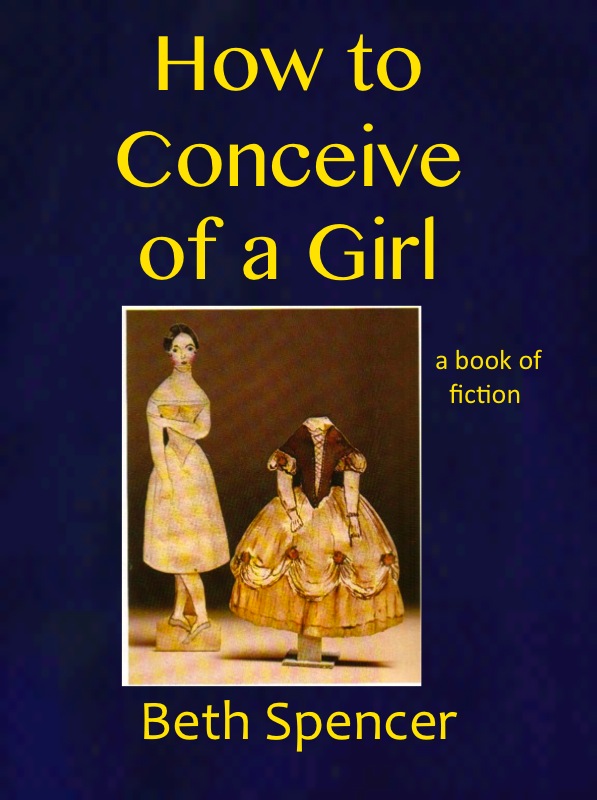
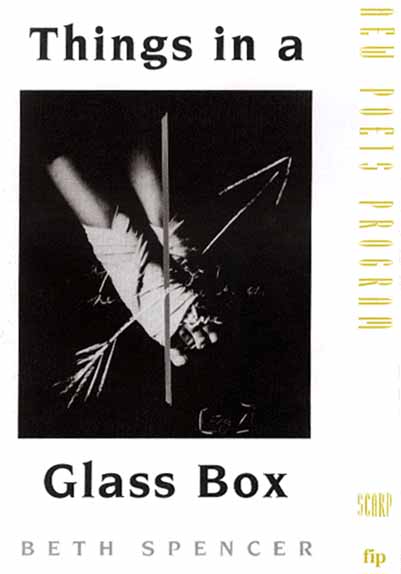

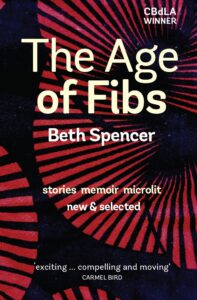
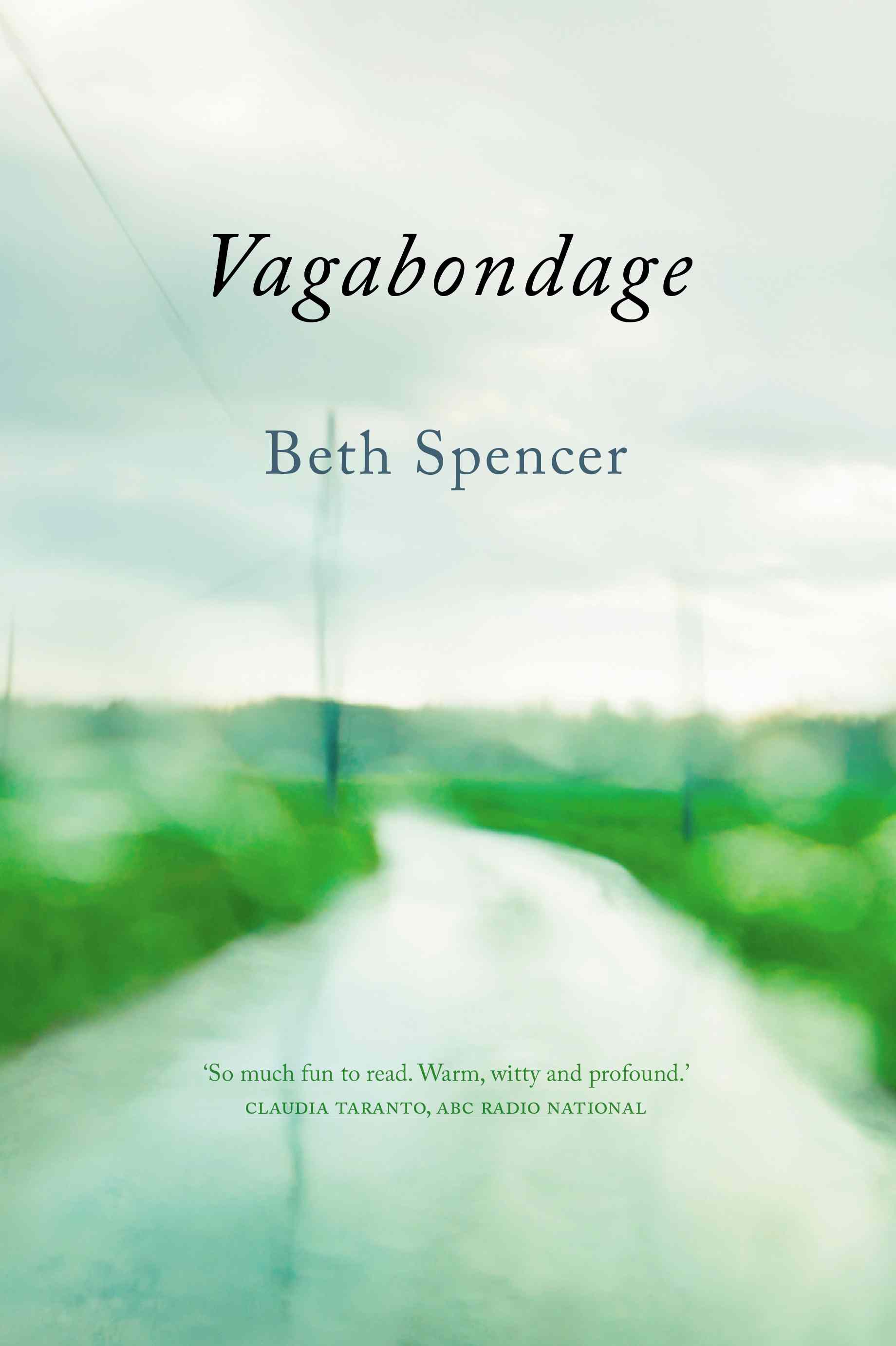
![[The Party of Life, cover]](http://bethspencer.com/blog/wp-content/uploads/2012/11/sm-edged-front-cover-Party-of-life-227x300.jpg)

